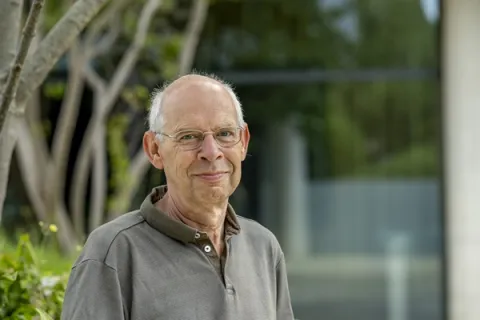About the project
New computer hardware is enabling us to carry out computer simulations of the most pressing problems in aerodynamics, relating to boundary layer transition and turbulence. On this project you will join a team of researchers exploiting new facilities and tackling challenging problems, both fundamental and applied.
In this project we want to apply start-of-the-art, GPU-enabled, scale-resolving simulations to problems of transition and turbulence, with applications to internal and external aerodynamics.
With the advent of Exascale high-performance computing based on the latest GPU technology, we expect rapid progress in this field based on our ability to do fully-resolved direct numerical simulations.
In turn, these simulations enable us to develop new and improved models, potentially involving the application of machine-learning techniques. This work addresses fundamental limitations of current computational fluid dynamics models with respect to transition prediction and turbulence prediction.
You will join a team of researchers studying problems in high and low speed flows, including all aspects of transition (receptivity, growth and breakdown to turbulence), as well as the properties of turbulent flow, including over rough surfaces. Recent extensions of our capabilities include the ability to model high-enthalpy flow with thermal excitation and chemical reactions. Examples of application areas include atmospheric re-entry, intake aerodynamics and aeroacoustics.
You will be based in the Department of Aeronautics and Astronautics at the Boldrewood Innovation Campus in Southampton, benefiting from a large community of PhD and post-doctoral researchers. You will have opportunities to present your work internally as well as to attend and present at international conferences.
You will also be able to take advanced modules and develop your own teaching skills. Training will be provided to get you up to speed in running the OpenSBLI/OPS code-generation framework to generate code for high performance computer applications.
The School of Engineering is committed to promoting equality, diversity inclusivity as demonstrated by our Athena SWAN award. We welcome all applicants regardless of their gender, ethnicity, disability, sexual orientation or age, and will give full consideration to applicants seeking flexible working patterns and those who have taken a career break. The University has a generous maternity policy, onsite childcare facilities, and offers a range of benefits to help ensure employees’ well-being and work-life balance. The University of Southampton is committed to sustainability and has been awarded the Platinum EcoAward.
